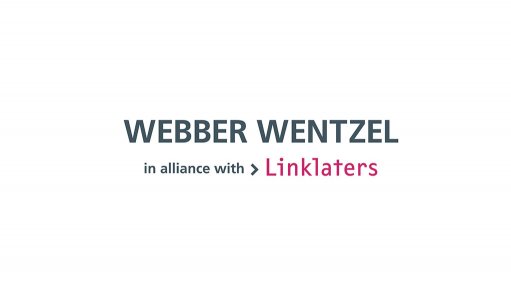
On Thursday, 11 February 2021 at 9:30am the Grahamstown High Court will review the 2016 decision taken by the Department of Social Development, Eastern Cape ("DSD") to terminate or reduce subsidies to certain NGOs for the 2017/2018 and 2018/2019 financial years. These cuts amounted to between 56% and 87% of the subsidies these NGOs received and severely impacted upon the quality of their services to vulnerable persons. On behalf of the NGOs, the Eastern Cape NGO Coalition will argue that the decision was irrational and taken without proper consultation.
In its defence to the High Court, the DSD has provided 3 reasons for its decision. First, it states that the subsidies were reduced so that funds could be redirected to the rural areas of the province. Second, the DSD has taken a policy decision to insource all statutory child protection services to its offices, rather than have these services provided by NGOs. Third, the DSD's priority as from 2017 is to fund Prevention and Early Intervention programmes ("PEIP") in the rural areas as opposed to statutory services in the urban areas.
According to the NGOs the department did not consult with them about this decision to drastically reduce their subsidy. The department was required to consult with the NGOs in terms of their right to just administrative action due to the adverse impact the subsidy cuts would have on their beneficiaries. More importantly, the DSD has provided little proof in the record of decision filed before the court of the policy decision to prioritise to PEIP in the rural areas and precisely how the subsidies terminated or reduced in urban areas were then redistributed to the rural areas.
The state has a constitutional obligation to render social assistance to children, older persons, people with disabilities (including intellectual and mental disabilities) as well as other vulnerable groups. The core of the irrationality argument goes to the fact that the DSD had little regard for how its decision to cut subsidies would negatively impact vulnerable beneficiaries whom the state had a constitutional obligation to assist.
This case raises important questions around whether the state can unilaterally change funding patterns without consultation and without regard to the rights of the beneficiaries of such social services. As this case will demonstrate it is ultimately the beneficiaries who suffer when organs of state take decisions without thinking through their consequences or consulting with NGOs at the coalface of rendering services.
The applicants are seeking a declarator that the decision of the respondent to reduce or terminate the subsidies given to NGOs in the 2017/2018 financial year and in the 2018/2019 financial year was unlawful and unconstitutional. Further:
- that DSD's decision be reviewed and set aside
- that DSD be directed to consult with NGOs and affected organisations before the Department reduces, terminates or in any other way adversely interferes with or affects the allocation of subsidies to NGOs’ and
- that the respondent be directed to compensate the affected NGOs the difference between the amounts that should have been paid had the unlawful decision not been taken and the amounts that were actually paid to members of the applicant within 30 days of the date of this order.
For further information contact: Rooks Moodley. Eastern Cape NGO Coalition at rooksmoodley@ecngoc.co.za or 073 909 4711.
Written By Asmita Thakor, Partner at Webber Wentzel